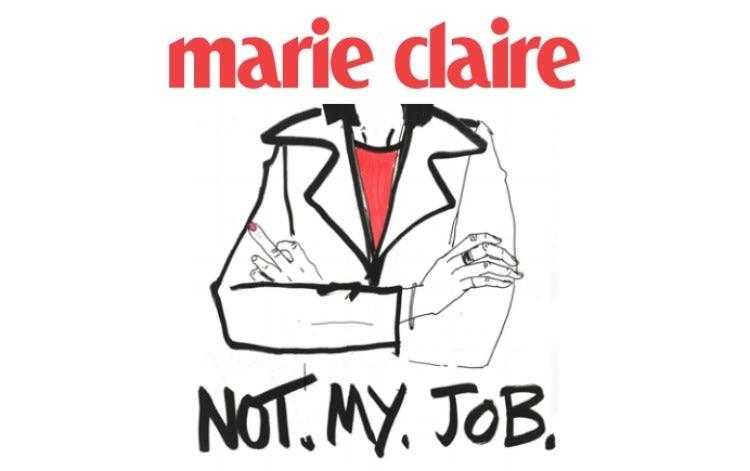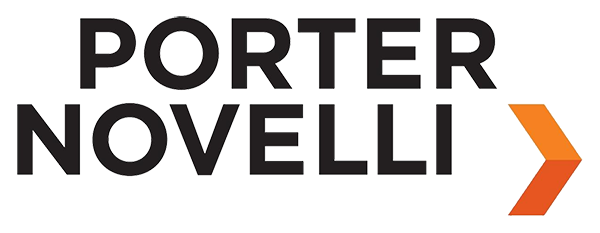The Evolution of International Women’s Day As Brands #PressForChange

The Evolution of International Women’s Day As Brands #PressForChange
As International Women’s Day (IWD) continues to grow in momentum year over year, so too does company involvement. While in the past, many campaigns were short-lived or focused on more narrow issues like self-esteem and confidence, the conversation – and resulting programs – are shifting. Over the past year, movements like #MeToo and #TimesUp have evolved the dialogue, prompting brands to take on weightier elements of women’s rights. This year’s #PressForChange theme encouraged brands to forgo flashy campaigns and instead focus on creating programs that can make a lasting impact. As company involvement continues to increase, we’re sharing the efforts that pushed for lasting progress, those that played it safe and some which missed the meaning of the movement:
Pushing the boundaries: BBC, Marie Claire and BrewDog all spoke up for equality in the workplace. To highlight the disparity in pay, BBC’s female staff stopped working at 4:22PM, the time when they stop getting paid compared to male colleagues. BrewDog also addressed the issue of pay inequality by launching a “new” Pink IPA, a spin-off of its famous Punk IPA. They charged women 20 percent less for the beer, donating 20 percent of the proceeds to causes that support equal pay. Marie Claire advocated for genuine equality in the workplace for women from all backgrounds by launching a new campaign in partnership with illustrator Laura Quick. The #NotMyJob campaign called on the magazine’s audience to share their experiences, which were turned into a series of pictures that “flip the finger” on harassment. In addition to the illustrations, the magazine partnered with a law firm to provide legal advice to its readers who have experienced discrimination.
Missing the meaning of progress: McDonald’s and MTV both altered their logos for the day, turning the Ms upside-down to represent Ws. Consumers were quick to point out the lack of authenticity in both efforts. McDonald’s was criticized for failing to pay its workers a meaningful wage – causing some of its women workers to face poverty and homelessness. Rather than making changes to its logo, Mattel re-designed its iconic Barbie, creating a range of dolls inspired by women who are good role models. While all the dolls offered a range of strong women to look up to, the dolls were all thin – missing the mark on body inclusivity and true diversity of women.
To continue reading, please click here.

